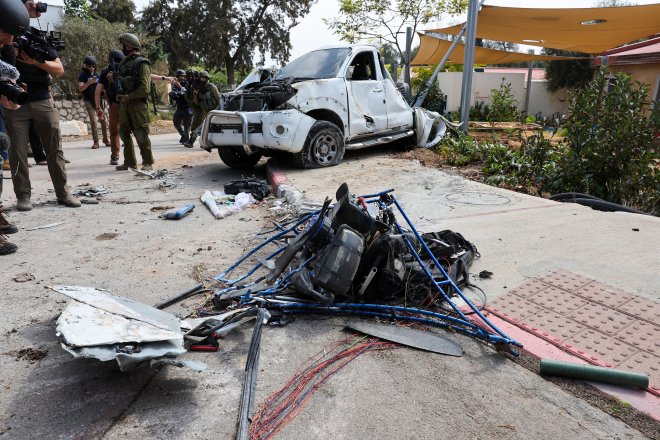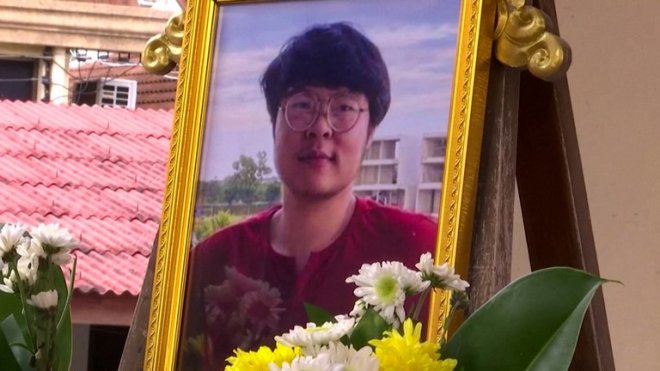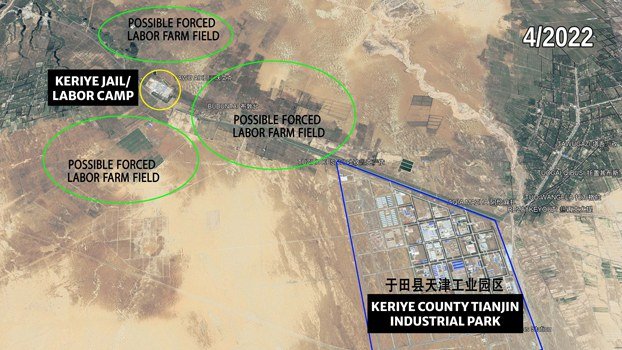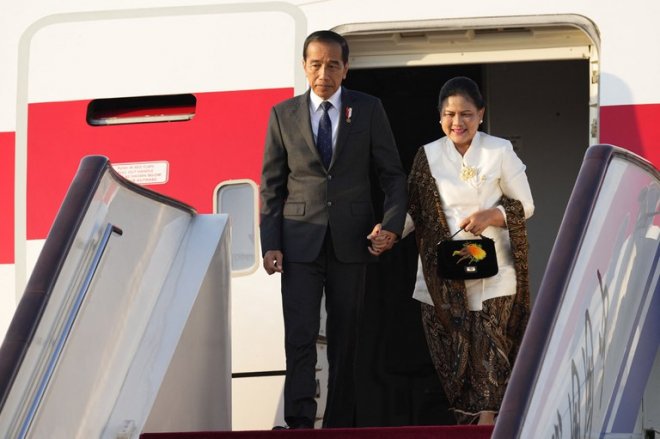Russia resumed shipments of oil to North Korea in December, UN data shows
Russia has resumed supplying oil to North Korea after a 27-month hiatus due to international sanctions, data from the United Nations showed.Experts told Radio Free Asia that the resumption likely coincided with Pyongyang supplying Moscow with weapons for use in its war against Ukraine.
The UN Security Council Sanctions Committee on North Korea on June 9 published data on Russian oil shipments to North Korea, which indicated that in December 2022, Moscow supplied 3,225 barrels of refined oil to Pyongyang.
In January, the total number of barrels sharply increased to 44,655, then sharply decreased over the next few months, with only 3,612 barrels sent in April.
It was the first time that Russia sent oil to North Korea since August 2020, when Pyongyang suspended international trade to counter the spread of the coronavirus pandemic.
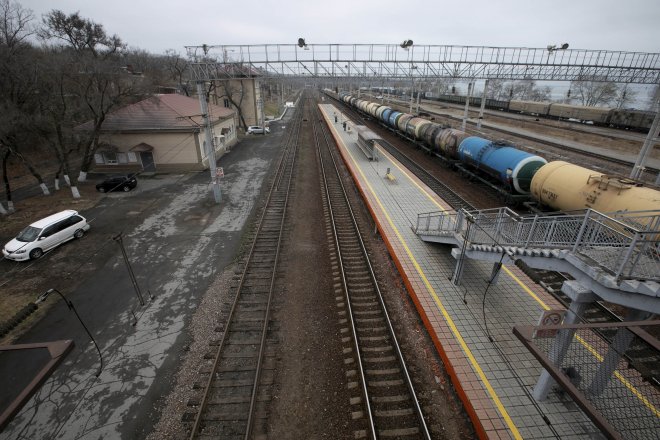 Oil tankers are stationed at the Okeanskaya railway station ahead of North Korean leader Kim Jong Un’s arrival for a summit with Russian President Vladimir Putin on the border at Russia"s far East, April 23, 2019. Credit: Alexander Khitrov/AP
Oil tankers are stationed at the Okeanskaya railway station ahead of North Korean leader Kim Jong Un’s arrival for a summit with Russian President Vladimir Putin on the border at Russia"s far East, April 23, 2019. Credit: Alexander Khitrov/APIn September 2022, Georgiy Zinoviev, head of the Russian foreign ministry"s First Asia Department, said that Russia would be willing to resume trading oil products with North Korea if Pyongyang would lift the ban.
North Korea’s opening gives Russia a much needed market for oil at a time when its main markets in the European Union enacted a partial embargo on Russian oil due to the war in Ukraine.
Through April, Russia has sent nearly 99,473 barrels of oil to North Korea, which is around 19% of the amount permitted by U.N. sanctions meant to deprive Pyongyang of resources that could be funneled into its nuclear and missile programs.
Oil for weapons
Two U.S.-based experts said that it was likely that the refined oil exports to North Korea resumed in return for supplying weapons to Russia, which is at war with Ukraine.
In June, a State Department spokesperson told Reuters news service that the U.S. was able to confirm that North Korea had sent arms, including infantry rockets and missiles to a Russian-backed mercenary group in November 2022, despite denials from Pyongyang.
“I would guess that [the oil shipments] may be Russia fulfilling its end of the deal in exchange for North Korea providing weapons and lethal aid to the Russian troops in the ongoing war with Ukraine,” Soo Kim, policy practice area lead at Virginia-based LMI Consulting and a former CIA analyst, told RFA’s Korean Service.
“At this stage, Russia is in need of military support to offset its deficiencies in its battle against Ukraine,” said Kim. “North Korea is willing to provide lethal aid probably because [North Korean leader] Kim [Jong Un] can receive energy and food assistance in exchange.”
She also said that Pyongyang and Moscow working closely together could undermine U.S. interests.
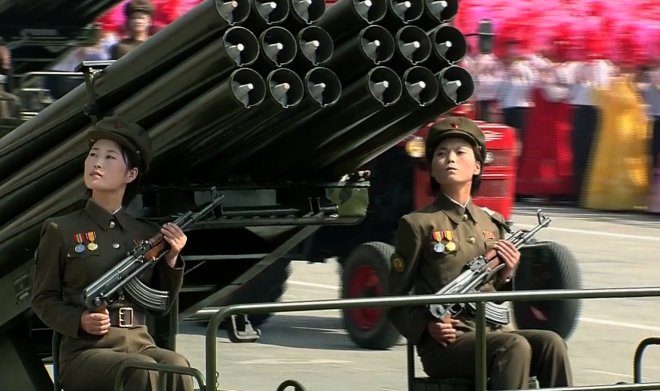 North Korean soldiers participate in a military parade to mark the 65th anniversary of the country"s founding in Pyongyang, North Korea. Credit: Image grab/KRT via AP
North Korean soldiers participate in a military parade to mark the 65th anniversary of the country"s founding in Pyongyang, North Korea. Credit: Image grab/KRT via APMichael O"Hanlon, a senior fellow at the Washington-based Brookings Institution also told RFA that refined oil may be a payment for weapons aided by North Korea.
In addition to oil, Russia is exporting more than 1,000 tons of wheat flour to North Korea, according to a recent press release from Moscow’s Federal Veterinary Customs Agency.
North Korea’s state-run Rodong Sinmun newspaper reported Monday that Kim Jong Un sent a congratulatory message to Russian President Vladimir Putin, affirming his willingness to increase close strategic cooperation between the two countries.
Translated by Leejin J. Chung. Edited by Eugene Whong.
[圖擷取自網路,如有疑問請私訊]
|
本篇 |
不想錯過? 請追蹤FB專頁! |
| 喜歡這篇嗎?快分享吧! |
相關文章
AsianNewsCast








